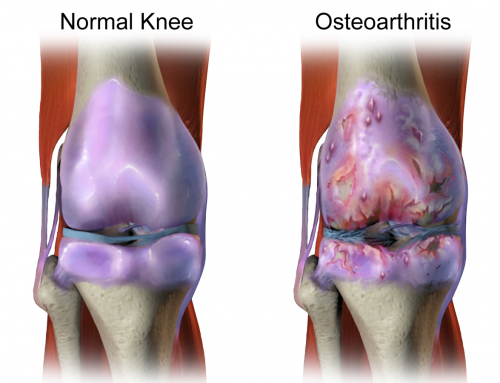 Ultimately caffeine is a drug; let’s not fool ourselves. Researchers at Duke University Medical Center found that caffeine actually exaggerates stress, and that this effect lasts throughout the day. Caffeine jolts the adrenal glands – the glands that help our bodies handle stress – and can eventually lead to adrenal exhaustion. Adrenal exhaustion symptoms include fatigue, lack of physical endurance and stamina, impaired ability to deal with stress, depressed immune system, allergic reactions, weight gain, low blood pressure, dizziness and lightheadedness, or blacking out when standing up. Due to adrenalin overload, caffeine may also cause anxiety, heart palpitations, increased blood pressure, and insomnia. Caffeine has also been linked to lowered mood, indigestion, and headaches.
Ultimately caffeine is a drug; let’s not fool ourselves. Researchers at Duke University Medical Center found that caffeine actually exaggerates stress, and that this effect lasts throughout the day. Caffeine jolts the adrenal glands – the glands that help our bodies handle stress – and can eventually lead to adrenal exhaustion. Adrenal exhaustion symptoms include fatigue, lack of physical endurance and stamina, impaired ability to deal with stress, depressed immune system, allergic reactions, weight gain, low blood pressure, dizziness and lightheadedness, or blacking out when standing up. Due to adrenalin overload, caffeine may also cause anxiety, heart palpitations, increased blood pressure, and insomnia. Caffeine has also been linked to lowered mood, indigestion, and headaches.
Many people fall into the seductive habit of coffee for breakfast, coffee or soda for mid-morning break, coffee or soda at lunch, and finally, an afternoon “pick me up”! It’s a spectacularly addictive substance with a classic and predictable addictive cycle. Up you go… and down you crash. As much as you may love it, your body does not.
Like sugar, caffeine is a stimulant of serotonin, a hormone in the brain that controls our sleep, mood and appetite. When the body learns to depend too heavily on outside materials such as caffeine to control serotonin production and energy, it decreases the body’s natural ability to regulate healthy serotonin production. This is the reason for the highs and lows you may experience after ingesting caffeine.
Many of my patients tell me that they skip breakfast – arguably the most important meal of the day. They tell me they just drink their coffee and they are not hungry. Caffeine tricks the body into suppressing the feeling of hunger. But hunger is our body’s way of telling us that we need nutrients. So if you think you’re not a breakfast person, and you survive on coffee each and every morning instead, try cutting out coffee for even a short period of time (say 1 week) and see if you notice any positive changes.
In addition to all the effects listed above, caffeine is also an incredibly potent diuretic, and often can lead to dehydration. One coffee or tea and you’ve lost at least another glass of hydrating water. Over the course of the day, this fluid loss is quite substantial. Never underestimate the power of dehydration, which causes many unpleasant consequences such as headaches, fatigue, and even allergies.
If you regularly suffer with acid reflux or heartburn, try giving up coffee and see if your symptoms do not improve. Many people experience a burning sensation in their stomach after drinking coffee because coffee increases the secretion of hydrochloric acid.
Caffeine also contributes to both male and female health problems. Fibrocystic breast disease, PMS, osteoporosis, infertility problems, miscarriage, low birth weight, and menopausal problems such as hot flashes are all aggravated by caffeine consumption. In men, caffeine increases the risk for urinary and prostate problems.
Caffeine also impairs calcium absorption. This is a major concern for children who consume a lot of soft drinks while their bones are still developing. It is also a major concern for anyone concerned with protecting themselves from osteopenia or osteoporosis.
If you have a caffeine habit, there is no better time to kick it than now! If you’re seriously addicted, you may need to wean off of it. Just start by either cutting your consumption in half or switching to half caf/half decaf. Do this for one week, and then cut it in half again. Continue this until you no longer need caffeine. Just make sure that you are drinking organic coffee and that your decaf is naturally decaffeinated or water decaffeinated. A single cup of non-organic coffee may contain over 1000 different chemicals! If you just crave the comfort of something warm to drink, try herbal teas. There are many wonderful flavors to choose from.
If you find you are unable to kick the habit because you are chronically tired and caffeine is your crutch, I urge you to make an appointment for us to get down to the root cause of your fatigue. Profound fatigue and reliance on stimulants can be a warning sign of some more serious health problems like blood sugar issues, thyroid, adrenal or other hormone imbalances. Let’s talk!




Leave A Comment